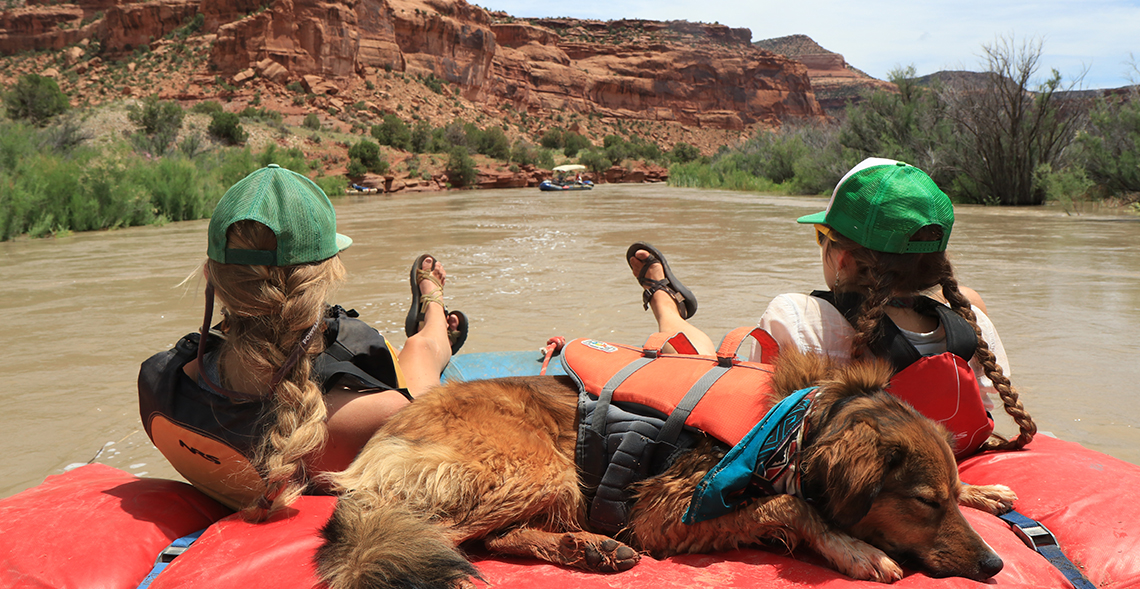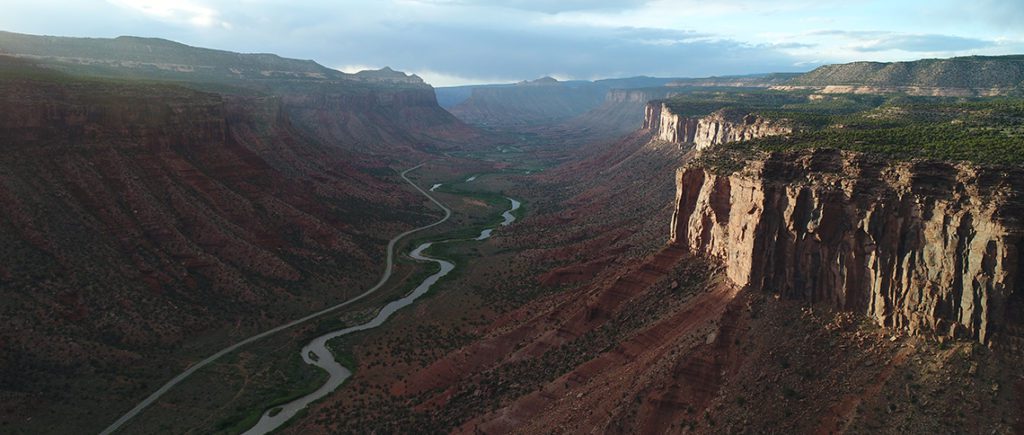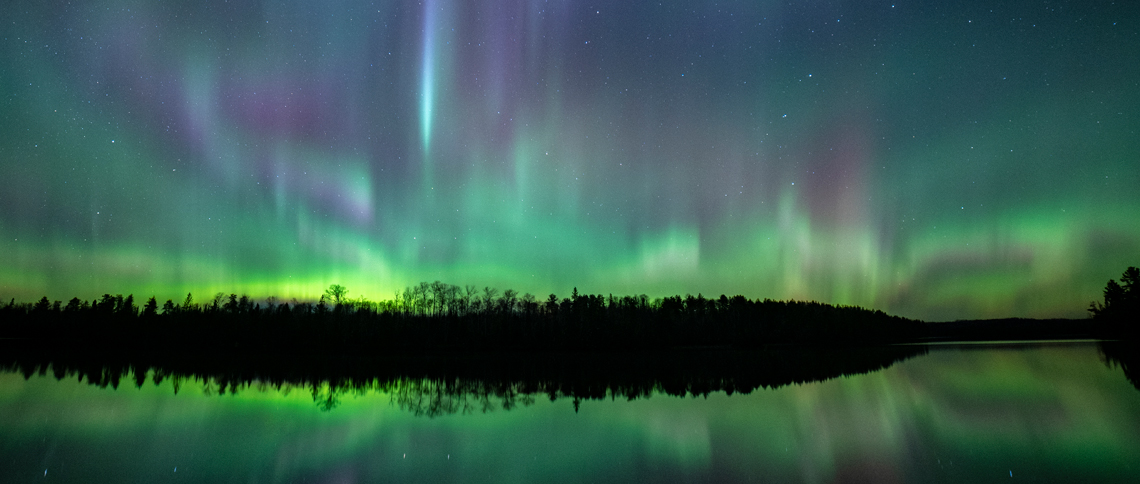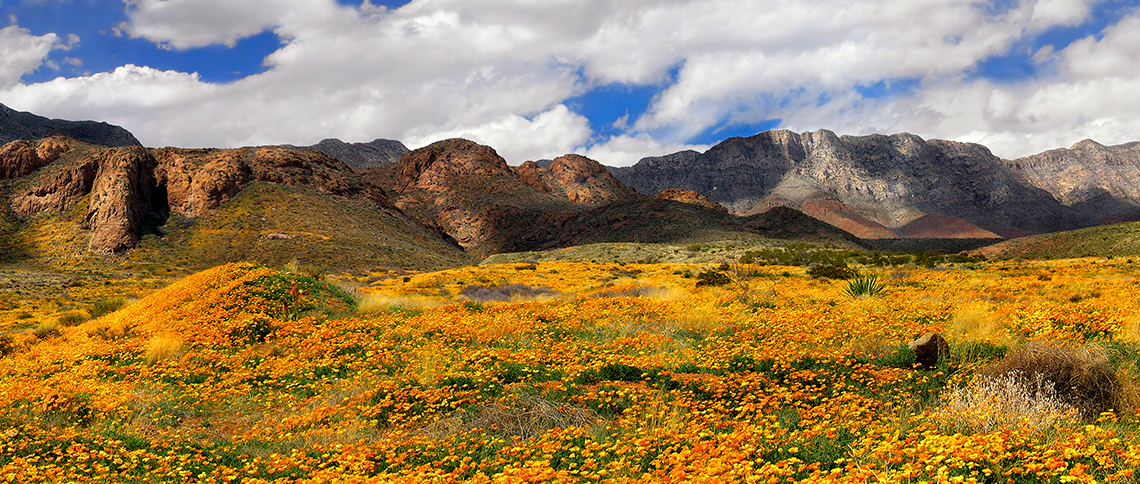The Conservation Alliance represents a coalition of businesses that fund and advocate for the protection of North America’s wild places. Through our work, we consolidate and redistribute power in the form of financial grants and political influence to grassroots environmental organizations working to permanently protect the outdoor spaces we love.
This year, we are investing additional advocacy resources in four priority campaigns – to protect the Boundary Waters in Minnesota, Bristol Bay in Alaska, Castner Range, and the Dolores River in Colorado, in Texas. Each campaign addresses settling competing demands for natural resources, adapting to a changing climate, recognizing the rights of Indigenous communities, and protecting habitat in places that are also valued for human recreation.
We announce our Advocacy Priority Campaigns once a year. In collaboration with our grantees, we work to identify land and water conservation opportunities that are urgent, vital, and need national attention. This year, we are proud to work with members of our inaugural Confluence Program as well as members of our flagship multi-year grant program to secure permanent protection of these threatened natural spaces.
Dolores River, Colorado
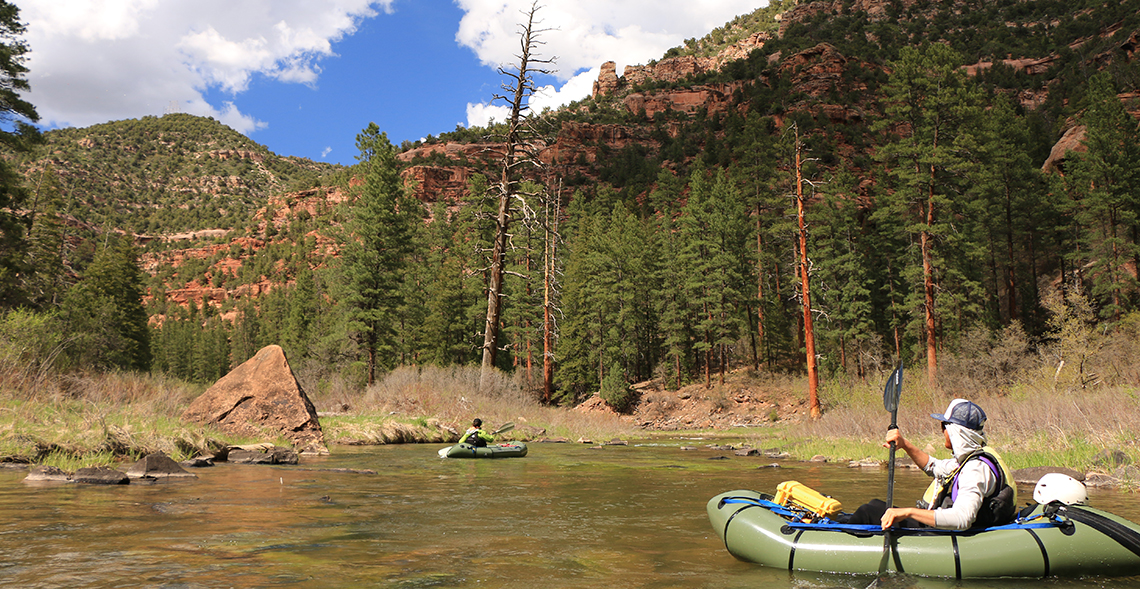
.
The Dolores River begins high in the San Juan Mountains of southwestern Colorado and flows 230 miles until it joins the Colorado River in Utah’s red rock desert near Moab. Humans have lived in the Dolores River region for more than 10,000 years, as evidenced by incredible cultural sites in some of the steep, sandstone canyons. Water is sacred to many Indigenous peoples, including the Ute Mountain Ute tribe, whose members depend on water from the Dolores River for farming and milling enterprises. McPhee Dam and Reservoir were built in the 1980’s to support the growing agricultural communities in the region, and to provide much-needed water for the Ute Mountain Ute Tribe in Towaoc. However, a changing climate and prolonged drought means that for decades the reservoir has not had enough water to meet the needs of agriculture, community drinking water, recreation and habitat for native wildlife. The lack of water has been challenging for the agricultural producers as well as the 170 river miles below McPhee Reservoir that have been subject to chronic low flows, threatening the ecological integrity and recreational values of the lower Dolores River.
In 2021, the McPhee Reservoir received about 25% of the overall water needed from the Dolores River to meet the demands of all users. Irrigators had their water allocations cut in half, and most other users, the river below McPhee Dam included, received less than 10% of their usual allocation – confirming it as the worst year for flows in the reservoir’s history.
A National Conservation Area is a protection tool that has been discussed for many years for the Dolores River below McPhee Reservoir, and last fall Senator Bennet released draft legislation for a portion of the river corridor. While it can’t solve all the complicated issues around flows, the legislation would protect many important values while complimenting other ongoing work. Specifically, if passed, the legislation would create a new requirement for the Bureau of Reclamation to work with stakeholders on management of flows below the reservoir to benefit native fish and recreation within the sideboards of existing water law and allocation.

The Conservation Alliance will be joining groups advocating for protection of the lower Dolores River through:
- A bill to designate a 75,000-acre National Conservation Area spanning from the base of McPhee Reservoir to the San Miguel/Montrose County line, which includes more than 70 miles of the Dolores River, establishes the Ponderosa Gorge Roadless Area, and protects special river values.
.
Meet The Conservation Alliance’s partner:
Dolores River Boating Advocates promote responsible recreational use and balanced flow management of the Dolores River, while working to protect the watershed for the health of the natural environment and the livelihood of future generations. The Conservation Alliance has been a proud supporter of Dolores River Boating Advocates since 2020.
